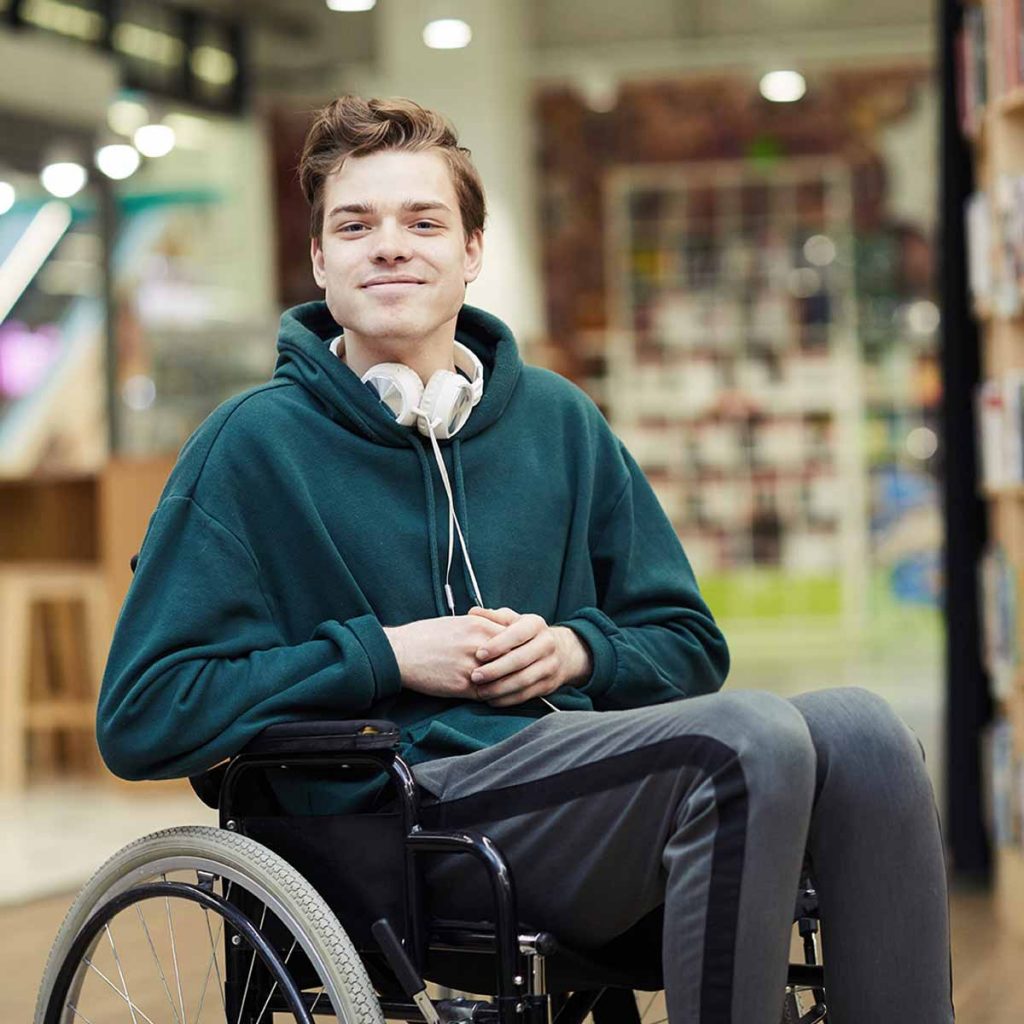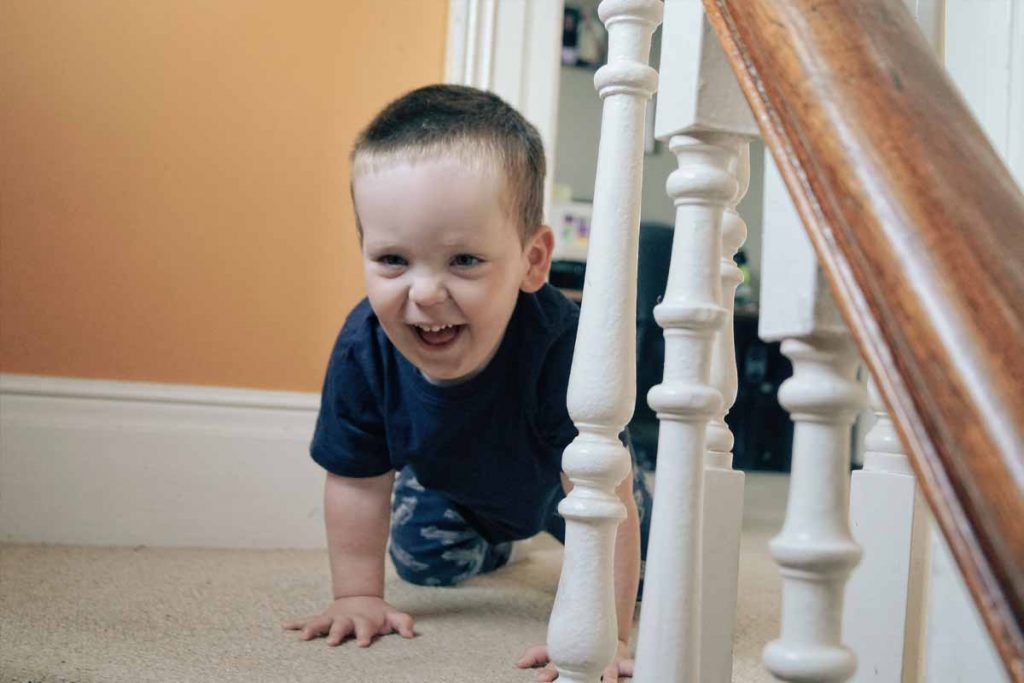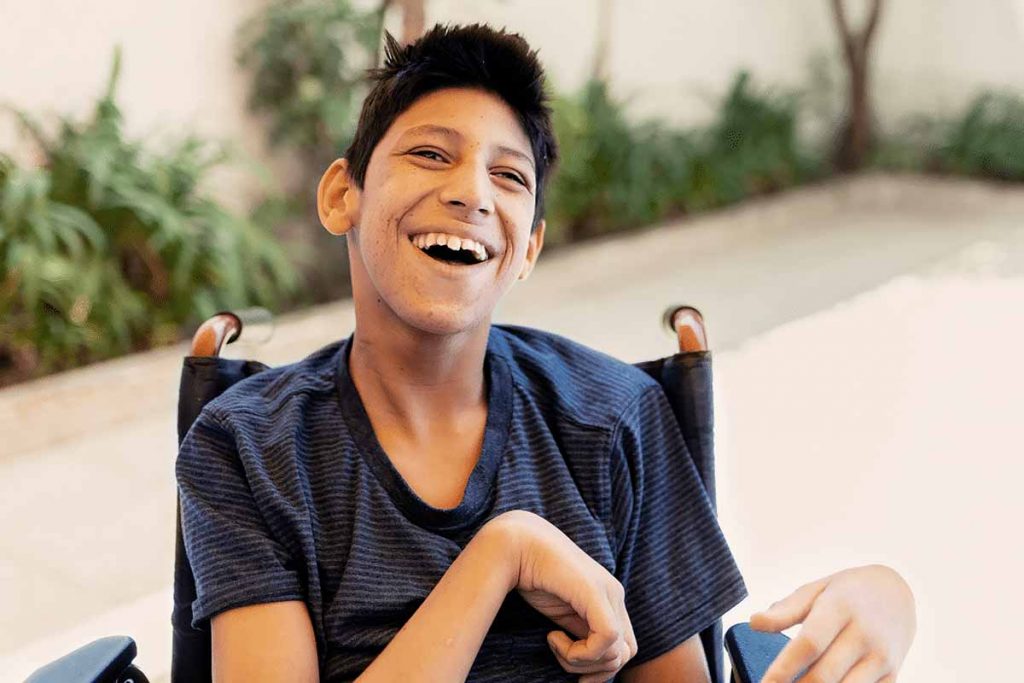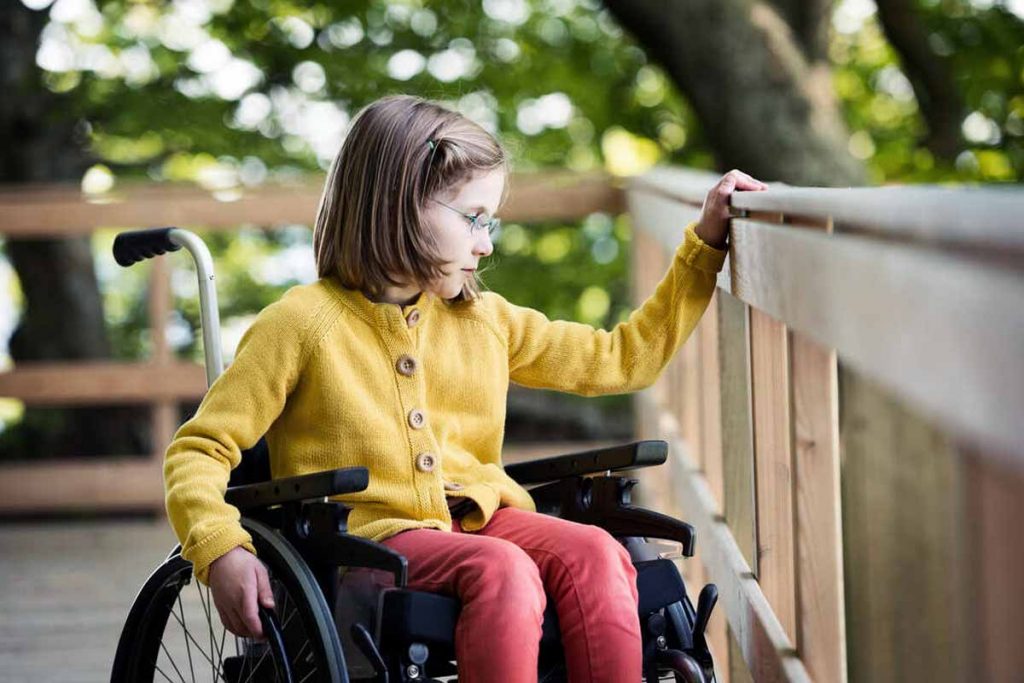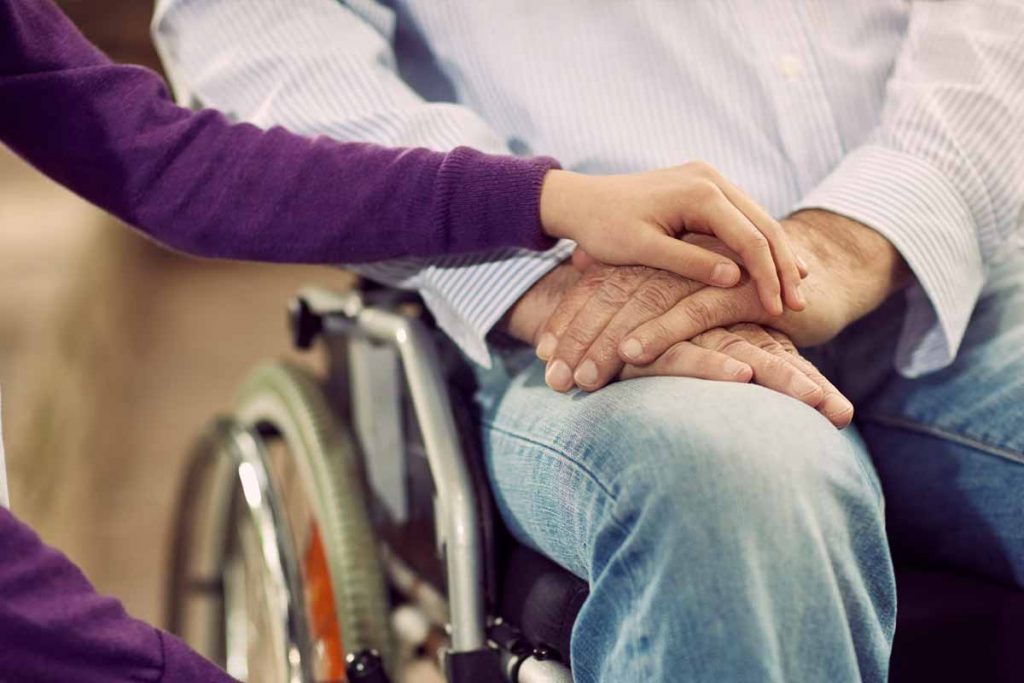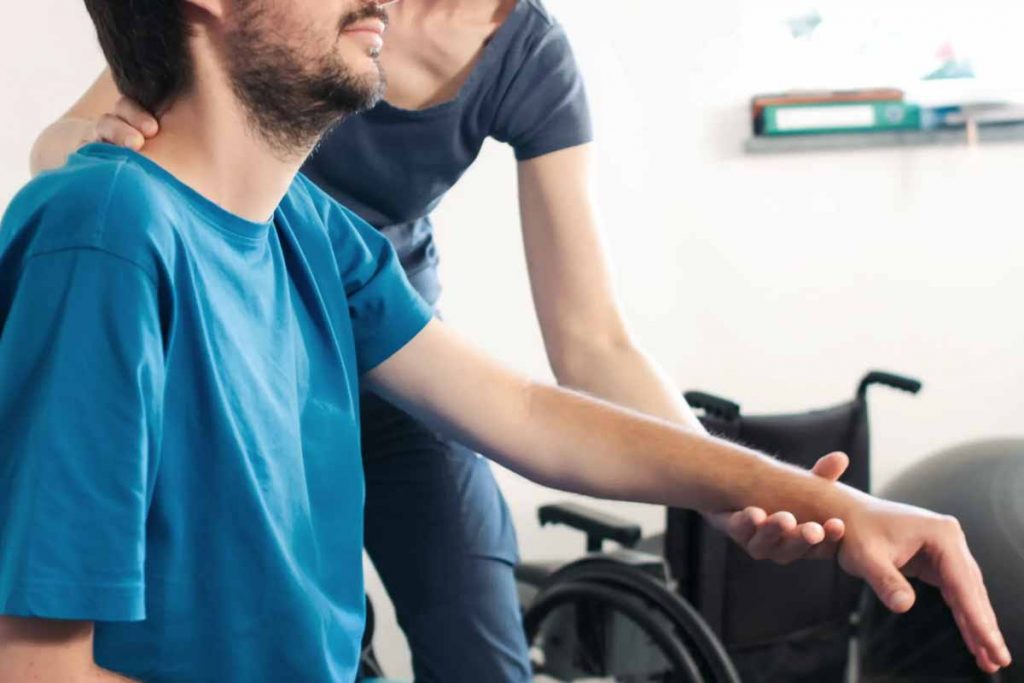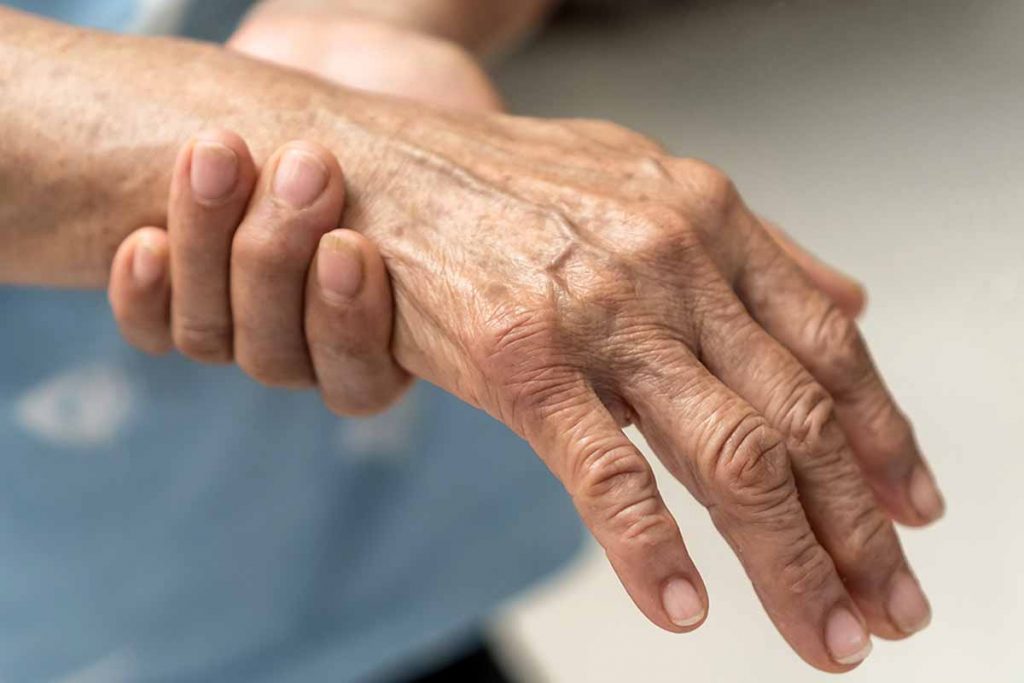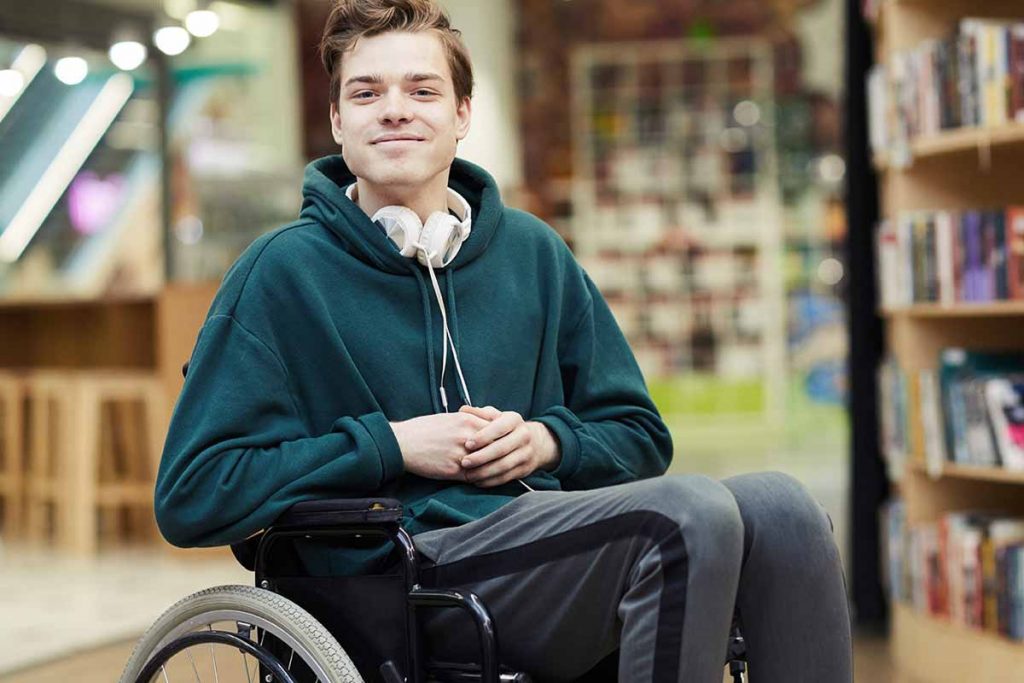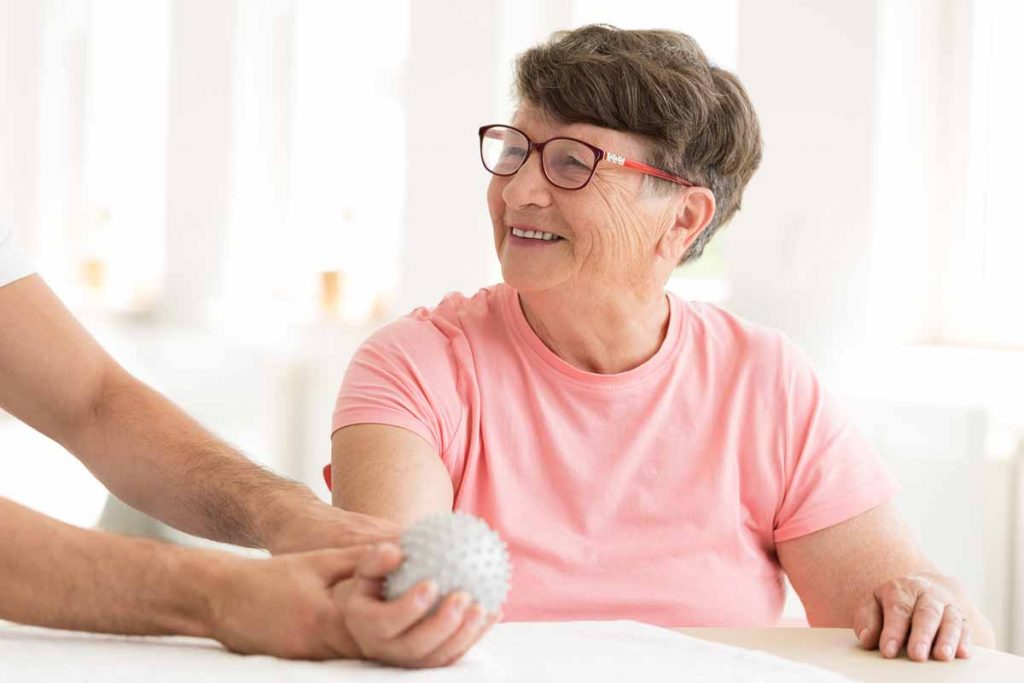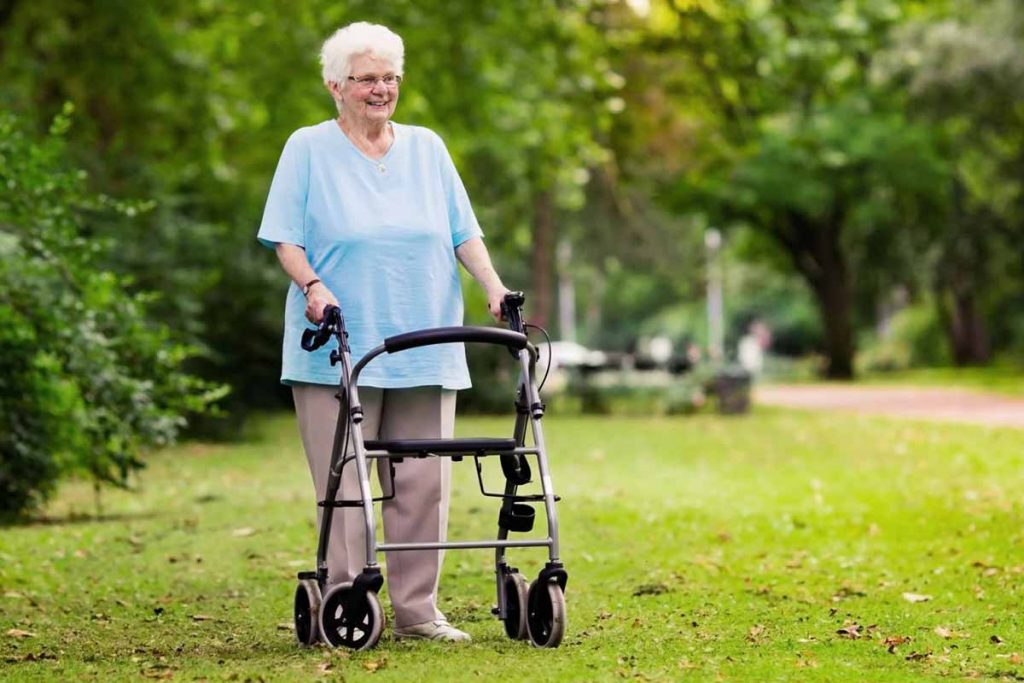CONDITIONS TREATED
Spinal Cord Injury
The spinal cord is a bundle of nerves that carries messages between the body and the brain.
Spinal cord injuries (SCI) damage this bundle of nerves and can cause loss of sensation and muscle paralysis (an inability to move muscles). Spinal Cord Injuries can also disrupt other body systems such as the bladder and bowel. Currently there is no treatment for spinal cord injuries, however improvements can be made with person specific rehabilitation.
No spinal cord injuries are the same because the effect of a spinal cord injury depends on exactly where and how severely the cord is damaged. If the spinal cord is damaged in the neck both the arms, trunk and legs are affected. This is called tetraplegia or quadriplegia. If the spinal cord is damaged in the back only the legs and trunk are affected and this is known as paraplegia. Spinal cord injuries can be further broken down into complete or incomplete. In a complete spinal cord injury there is loss of sensation and muscle paralysis. In an incomplete spinal cord injury there will be some preservation of sensation and/or muscle activation.
Rehabilitation after a spinal cord injury focuses on getting a person back to living a full and meaningful life. Physiotherapy and Exercise Physiology input after a spinal cord injury includes:
- Increasing muscle strength
- Muscle stretching below the level of injury to help lengthen tight muscles and reduce stiffness
- Teaching transfers (getting in and out of a wheelchair, bed, car, shower/bath and onto and off a toilet) to improve safety and promote independence
- Regular assisted standing to weight bear and improve function of internal organs
- Walking re-training with the use of orthotics if appropriate (for individuals with an in-complete SCI.)
- Teaching wheelchair skills which include pushing and turning the chair, lifting the front wheels, operating the brakes, and removing the footplates and armrests
- Facilitation of wheelchair skills in the home and community environments
- Exercises to improve balance and confidence
- Breathing control and assisted coughing if appropriate to maintain a clear chest
- Advice on positioning to help posture and prevent pressures sores
- Improving safety with physical capacity/activity
- Increasing energy levels/energy conservation
- Reducing pain and muscle spasms
- Hydrotherapy exercise
- Assist with returning to sport and recreational activities
- Assist with returning to work
